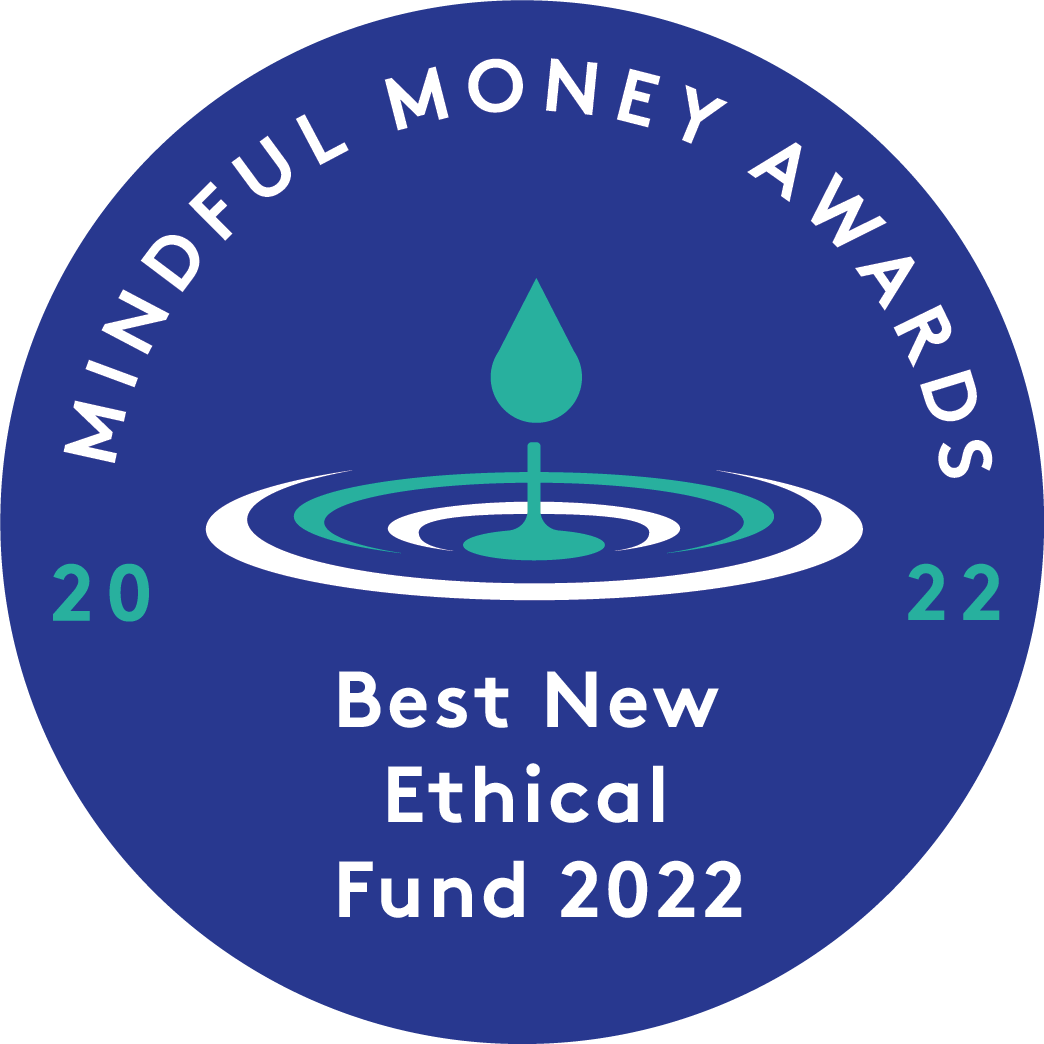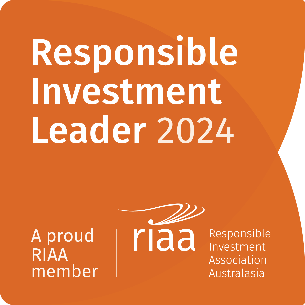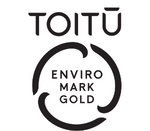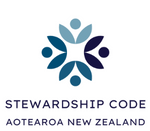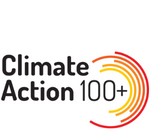The Fund invests into the Wellington Global Stewards Fund, managed by Wellington Management Funds (Ireland) plc (Wellington Management). The Fund differentiates itself by investing in companies over a long-term horizon, on the view that the longer the holding period, the greater the potential performance benefits from superior stewardship. The Fund adopts a highly selective approach, investing in typically 35-45 stocks. The Fund actively engages investee companies, holding those in charge to account and encouraging companies to commit to net zero carbon emissions by 2050 in alignment with the Paris Agreement.
The Fund is led by Portfolio Manager Mark Mandel, who is backed by a highly experienced investment team with a strong track record, and a firm with over US$1 trillion in assets under management globally.
To watch a webinar which explains the fund’s strategy, investment approach, and underlying ESG processes, please click here.
Fund Outline
| Investment Objective | The Devon Global Sustainability Fund aims to deliver long-term total returns in excess of the index by investing in a selective portfolio of global equities. |
| Strategy |
The Fund invests into the Wellington Global Stewards Fund, managed by Wellington Management. Wellington Management seeks to invest in companies globally, that generate high return on capital relative to their peers, and whose management teams and boards display exemplary stewardship to sustain those returns over time. Wellington defines stewardship as how companies balance the interests of all stakeholders (customers, employees, communities and the supply chain) in the pursuit of profits and how they incorporate material environmental, social and governance (ESG) risks and opportunities in their corporate strategy. The underlying Wellington Fund differentiates itself by: Long-term horizon – the intention is to hold stocks for over 10 years. The belief is the longer the holding period, the greater the potential performance benefits from superior stewardship. Highly selective – typically 35-45 stocks, only relying on their own internal ESG research. Active engagement – holding those in charge of investee companies to account and encouraging companies to commit to net zero carbon emissions by 2050 in alignment with the Paris Agreement. While the underlying Fund tends to be fully invested in global equities, when there are few compelling investment opportunities the Fund may hold some cash or cash equivalent securities. |
| About Wellington Management | Wellington Management is a globally integrated investment management firm with USD 1 trillion in assets under management worldwide across a broad range of asset classes and approaches (as of 31st December 2021). They have been providing innovative investment solutions to clients for more than 85 years. |
| Limits |
0-100% Global Equities. 0-20% Emerging markets. 0-20% cash or cash equivalent securities. |
| Benchmark | MSCI All Country World Index in NZD, 50% hedged to NZD. |
| Hedging | Permitted range 0-100% |
| Structure | Portfolio Investment Entity (PIE) registered |
| Suitability | We recommend a minimum investment period of at least 5 years. |
| Fund Details | Date of Establishment: 25 February 2022 |
| Manager: Devon Funds Management Limited | |
| Supervisor: The New Zealand Guardian Trust Company Limited | |
| Auditor: PricewaterhouseCoopers | |
| Minimum Amount for: | Initial Investment - $10,000 |
| Additional Investment - $1,000 or $100 per quarter with a regular savings plan | |
| Withdrawal - $2,000 | |
| Fees | Entry, Exit & Switch Fees - Nil |
| Management Fee – 0.95% p.a. plus GST | |
| Performance Fee - Nil. | |
| Trustee, custody and administration fees - Capped at 0.25% p.a. plus GST | |
| Other Fund expenses - Abnormal or one-off costs, brokerage, all taxes that may be incurred by the Fund. | |
| Distribution | No distributions will be paid from this Fund. |
| Applications & Withdrawals | Daily, by 2.30pm (NZ time) to receive that COB price. |
| Unit pricing | Available here |
Please click here for the fund Fact Sheet
Please click here for the fund Monthly Report
Sustainable Objective
Wellington Management (“Wellington”) seeks to invest in companies whose management teams and boards display exemplary 'stewardship’. They define stewardship as how companies balance the interests of all stakeholders (e.g. customers, employees, communities and the supply chain) in the pursuit of profits and how they incorporate material environmental, social and governance ("ESG") risks and opportunities in their corporate strategy.
Wellington will manage the Fund to target net zero emissions by 2050 in alignment with the Paris Agreement by actively engaging with companies held in the Fund to commit to net zero science-based targets. The science-based targets initiative provides a clearly defined pathway for companies to reduce greenhouse gas emissions.
Targets are considered ‘science-based’ if they are in line with what the latest climate science deems necessary to meet the goals of the Paris Agreement – limiting global warming to well below 2°C above pre-industrial levels and pursuing efforts to limit warming to 1.5°C. Specifically, Wellington is committed to investing 65% of the Fund's assets in companies with net zero science-based targets by 2030, and 100% of the Fund by 2040. They are committed to limiting the portfolio’s contribution to climate change by targeting a carbon footprint (weighted average carbon intensity) that is at least 50% less than the global economy as referenced by the MSCI All Country World Index (the "Index").
Investment Policies
Wellington will actively manage the Fund, seeking to outperform the Index and achieve its objectives, primarily through investment in equity securities issued by large-cap companies worldwide. The Fund uses an investment approach based on bottom-up fundamental research into companies that exhibit attractive and persistent returns on equity and stewardship excellence. They are biased to own companies already in a position of strength: with established competitive positions, identifiable business advantages, a history of continuous improvement and innovation, and inspiring leadership.
To help evaluate the likelihood of continuing attractive returns, Wellington places an emphasis on each company’s stewardship, with the belief that proper care and nurturing of a corporation’s valuable assets and intangibles is critical to a company’s long-term resilience. They use a proprietary scorecard to evaluate both the return and stewardship pillars of the investment approach. The scorecard seeks to quantify otherwise qualitative critical stewardship attributes such as executive skill and alignment and the effectiveness of the board. They believe that if investee companies are to sustain their returns in the long term then they must display strong links between stewardship and return on capital over the long term. Further, every investment candidate for the Fund must exhibit an explicit focus on all stakeholders. In addition to social and governance considerations, the Investment Manager will manage the Fund to target net zero emissions by 2050 in alignment with the Paris Agreement.
Evaluating ESG factors (including Sustainability Risks) is an integral part of the Fund’s investment process as, in Wellington’s view, ESG factors can materially affect a company’s financial performance and competitiveness.
The strong links between stewardship and return on capital over the long term make ESG factors a particular catalyst for active company engagement, which the Investment Manager believes is essential if investee companies are to sustain their returns in the long term. The Investment Manager looks for stewardship that is long-term oriented; implemented by strong management and an engaged board; exemplified by excellent capital and resource allocation; and distinguished in its consideration of all stakeholders in the pursuit of profit. ESG factors capture many of these elements, therefore the Investment Manager's bias is to focus on the ESG issues most material to the long-term value of each company in the Fund.
Wellington uses inputs from the Investment Manager’s team of ESG analysts to help identify global best practices, prepare for company engagement and collaborate on new research inputs. The factors that will be considered by the Investment Manager will vary depending on the security in question but typically include ownership structure, board structure and membership, capital allocation track record, management incentives, labour relations history and climate risks.
The Investment Manager believes the Fund will be exposed to a broad range of Sustainability Risks. In assessing these risks, the Investment Manager draws upon a wide variety of internal (such as research by its team of global industry analysts) and external (such as company meetings) research to assess any potential impact on the value of the assets over the time horizon of the Fund.
Through interactions with company management teams, the Investment Manager seeks a better understanding of any underlying Sustainability Risks, incorporating them into their assessments of a company’s outlook, and looking to avoid investments in securities where the likelihood of a Sustainability Risk event is under-represented in the price of the asset. Wellington believes that active engagement with companies can support changes in corporate behaviour and actions that benefit the Fund, while also helping to mitigate Sustainability Risks. The Investment Manager also consults its ESG analysts for insight on how Sustainability Risks may differ between companies within regional and sector peer groups.
